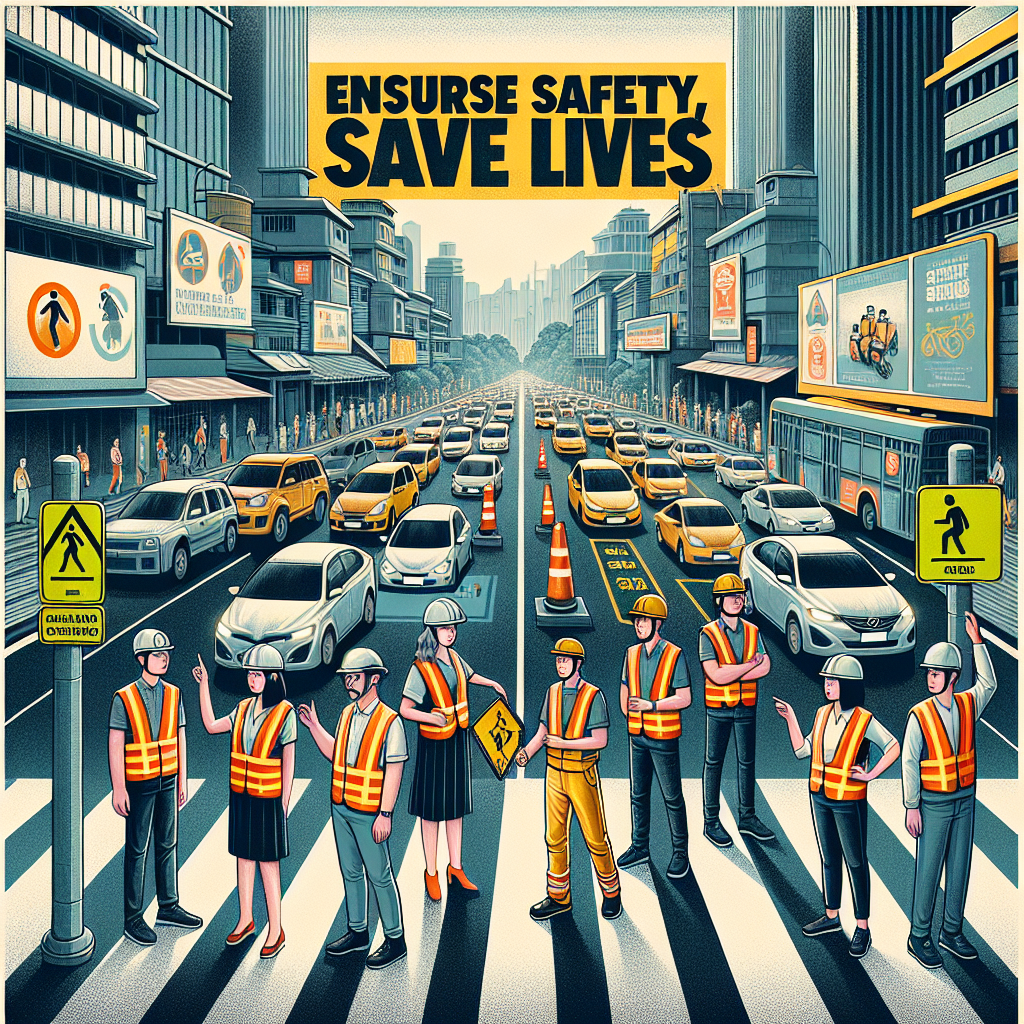President Cyril Ramaphosa has enacted the National Road Traffic Amendment Bill, introducing significant reforms aimed at enhancing road safety and strengthening South Africa's traffic management systems. Signed into law on Thursday, the legislation is set to overhaul existing regulations, focusing on driver and vehicle fitness, stricter oversight of traffic stakeholders, and improved emergency response measures.
The amendments align with the goals of the National Road Safety Strategy, which is built on five pillars: road safety management, safer roads and mobility, safer vehicles, safer road users, and post-crash response.
Key Provisions of the National Road Traffic Amendment Bill
Registration Oversight and Accountability
The law authorizes the suspension or cancellation of the registration of driving licence examiners or vehicle examiners found in violation of regulatory standards.
It mandates the registration, grading, and inspection of driving licence testing centres, training centres, and other stakeholders, including manufacturers and suppliers of number plates, weighbridge facilities, and microdot services.
New Offences and Anti-Fraud Measures
Offences related to learner’s licences have been broadened, with fraud explicitly listed as a crime for assisting licence applicants in committing violations.
Driving schools and their instructors must now be registered and graded, ensuring compliance with higher standards of instruction.
Conflict of Interest and Financial Disqualification
The law disqualifies vehicle examiners and traffic officials who hold direct or indirect financial interests in businesses related to motor vehicles, road transport services, or driving schools.
This measure extends to financial interests acquired through spouses or partners, closing loopholes for potential conflicts of interest.
Disciplinary Actions Against Officials
Examiners, traffic officers, and license inspectors face suspension or deregistration if convicted under the Criminal Procedure Act, especially in cases tied to financial conflicts or fraudulent activities.
Enhanced Vehicle and Road User Regulations
Builders or modifiers of vehicle bodies and chassis, as well as importers of new buses or midibuses, are now required to register under the amended law.
Emergency Response Enhancements
Emergency services must respond immediately to road incidents and provide prescribed services. These include both state and private emergency medical services.
The new law restricts drivers of emergency or disaster response vehicles to a maximum speed of 20 km/h when navigating intersections, even during emergencies.
Impact of the Legislation
The amendments are expected to:
Improve the integrity of vehicle and driver licensing systems, reducing fraud and corruption.
Strengthen oversight of testing centres and driving schools, ensuring high-quality training and assessments.
Promote safer roads and emergency response practices, addressing challenges in accident management.
Foster a culture of accountability and transparency within South Africa’s traffic management system.
Broader Implications for Road Safety
The reforms reflect South Africa's commitment to reducing road fatalities and building a safer transport system. By addressing long-standing issues such as corruption in licensing and ensuring robust oversight of traffic stakeholders, the legislation aims to align the country’s traffic management framework with international best practices.
The law also bolsters efforts to meet the United Nations’ Sustainable Development Goals (SDGs), particularly those related to sustainable cities and communities, by ensuring safer mobility and reducing road traffic deaths.
President Ramaphosa’s signing of the Bill is viewed as a landmark step in enhancing the safety and efficiency of South Africa’s roads, reaffirming the government’s dedication to the well-being of all road users.











